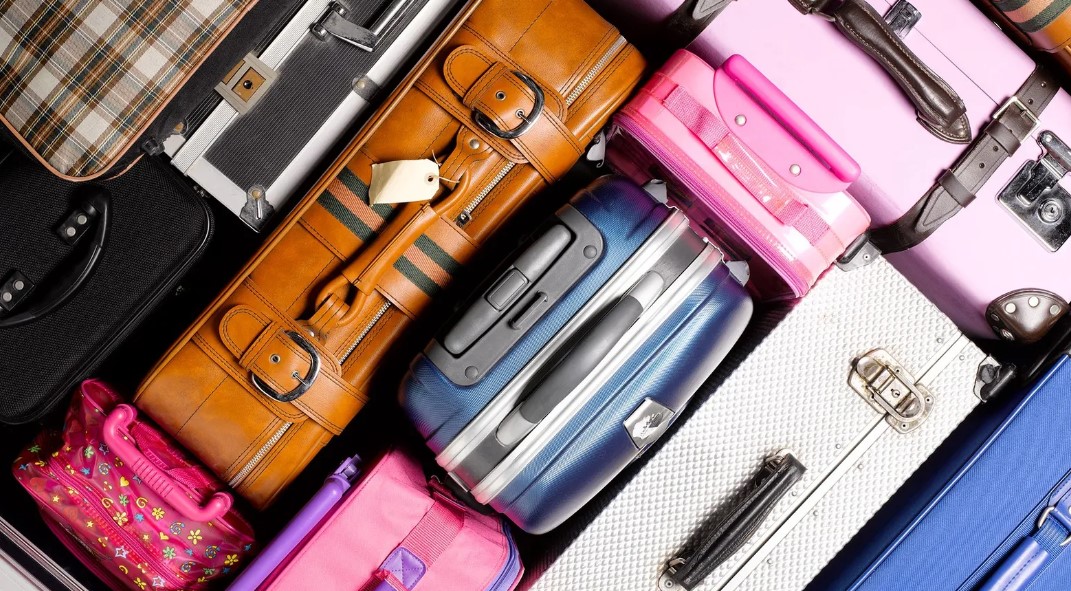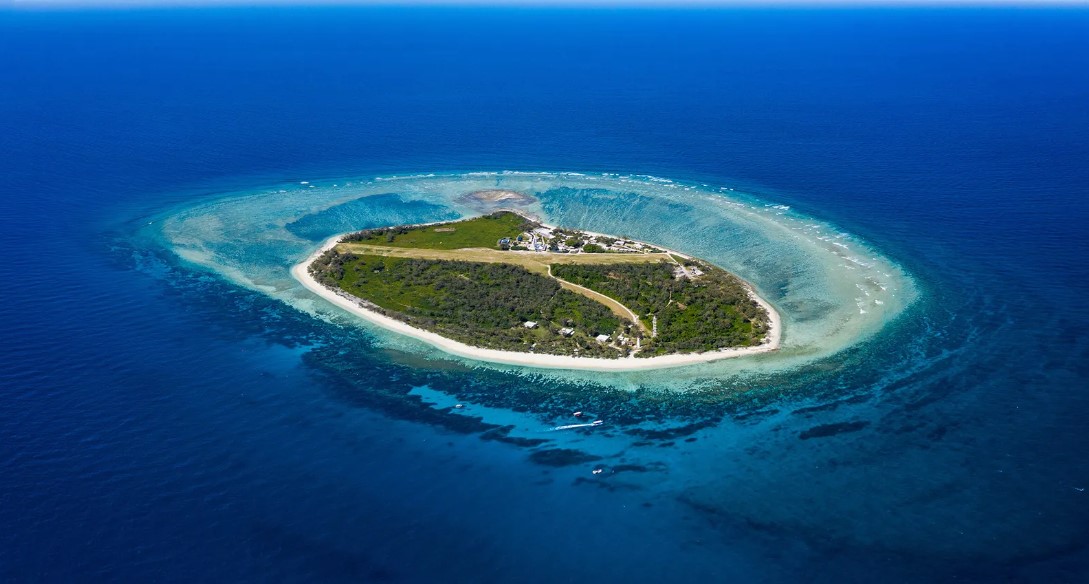Is the future of travel ultralight, with eco-friendly hotels and forward-thinking tour companies telling guests to lighten their load?
As the northern hemisphere’s summer progresses, many of us will start preparing for vacation by packing our luggage, carry-ons, and duffel bags.
Of course, you’ll bring much too many garments, then some sunglasses, swimsuits, sandals, sunblock from last year, and a decent book. A warm layer, such as a sweater or jacket, is also included. It’s possible that some of us will rethink our baggage limits. Most people won’t.
Stuffing your life into a suitcase may soon be a thing of the past, however, since there are now more options than ever to lessen your ecological impact, and some places are even considering outright bans on certain types of luggage. When we travel with less baggage, we leave less of an environmental imprint, emit less carbon dioxide, and help preserve natural habitats.
To show how a sustainable trip begins with careful planning at home, I’ll describe a few destinations that are upending the conventional wisdom about what to bring on a trip and instead providing convenient shortcuts.
Japan
Japan Airlines has taken a bold step toward a more sustainable airline business by launching a trial program that allows international visitors to Japan to rent clothing in advance of their trip.
The “Any Wear, Anywhere?” promotion, which runs until the end of August, was created so that travellers flying to Japan may check in or carry on less luggage, allowing the airline to better analyze the environmental impact of handling less luggage and reducing airplane weight. Tailor-made garments are sent straight to the hotels where tourists are staying in Tokyo, Osaka, and Fukuoka.
While this idea certainly makes things easier for travelers, not everyone is sold on it.
“It’s both a nice idea and a masterclass in deflection,” said Justin Francis, co-founder and CEO of UK activist travel company Responsible Travel. “It’s a feel-good way to get us to lower our impacts rather than scrutinize theirs.” Like voluntary carbon offsets, this places the onus of duty on passengers rather than airlines. While individual responsibility and creative problem-solving are admirable, we must be cautious not to lose sight of the larger systemic shifts that are required, such as stricter regulation and more equitable gasoline pricing.
Europe’s Alps
Carbon footprint reduction is a goal for skiers all around the world. However, while it’s true that large luggage fees have traditionally been associated with winter sports vacations, attitudes are beginning to shift. Ski areas in France, Switzerland, and Austria are adopting a novel concept: renting equipment rather than bringing it from home.
Resorts and rental firms are emphasizing reduction and reuse by renting out hats, gloves, goggles, pants, and jackets in addition to the traditional skis, poles, boots, boards, and helmets to combat packing space and to lessen the need for travelers to invest in high-value sporting equipment. And thanks to nationwide services like SkiGala, it’s already a hit with individuals who want to travel by train or other public transit, from Verbier in Switzerland to destinations across Austria.
“It’s easy to pack light for a winter sports holiday when you know you can collect most of the gear you’ll need upon arrival,” said Krissy Roe, senior sustainability manager at Hotelplan, a pan-European group of specialty tour operators including Inghams and Esprit. “Everything made leaves a carbon imprint, so it’s best if it gets used by many people and can be repaired by those with the knowledge and resources to extend its useful life. It may be more cost-effective to rent in the destination rather than pay more for checked bags or excess baggage when flying.
Dubrovnik
While Venice was the first location to contemplate banning wheelie bags in 2014, Dubrovnik has taken the argument farther by advising that guests leave their rolling luggage at home in an effort to better protect the city’s packed streets.
Overtourism has angered residents of the walled Adriatic city before, and this time the Dubrovik Tourist Office has acted in response to the undercurrents. In a new video and revised set of recommendations released earlier this month, the city asks visitors to respect the city’s historic cobblestone streets by hand-carrying their luggage rather than dragging it along on its wheels.
ATPI Halo is a CO2 measurement, reduction, and offset service and provider of sustainable travel solutions. “Often, travelers with 20 kilograms or more simply fill up their suitcase as they believe they’ve paid for it,” said Pippa Ganderton, product director of ATPI Halo. “Adding new weight categories for hand luggage and carry-on luggage is one approach airlines may consider in the future. Travelers and their intended destinations both benefit from more compact flight alternatives.
What We Mean By “East Africa”
Safari hotels in Kenya, Tanzania, and Uganda’s national parks provide an alternative to the typical vacation experience. Despite the steep ticket tag, guests are encouraged to dress casually and unfussily, with a “dress down” rather than “dress up” attitude setting the tone for the entire campfire experience.
While there may not be a blanket prohibition on bags, most airlines have weight limits and expect passengers to come with as little as possible.
Tour companies have long preferred small, soft-sided bags because luggage with wheels or, even worse, an in-built frame sometimes doesn’t make it past the departures lounge and onto the runway.
Luxury travel service CEO Kathy Boate remarked, “We always advise safari clients to pack light for a number of reasons.” You can’t take hard-sided luggage because they won’t fit in the hold, and there are tight weight restrictions on the smaller planes that are used in many places. Plus, you really don’t need so many garments while on safari. You won’t even need to bring your own toiletries or towels because good lodges will provide those for you, along with sunscreen and bug repellent.




